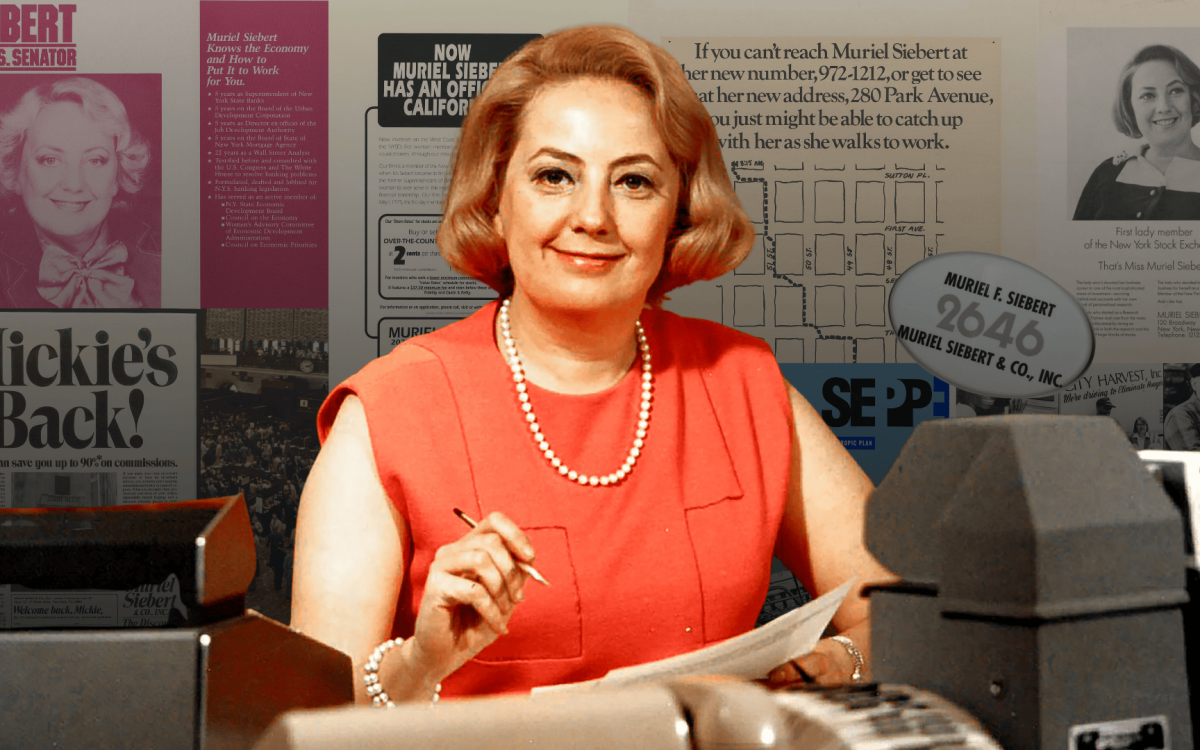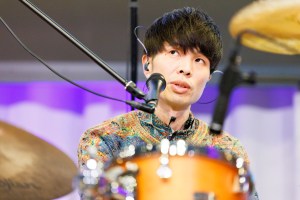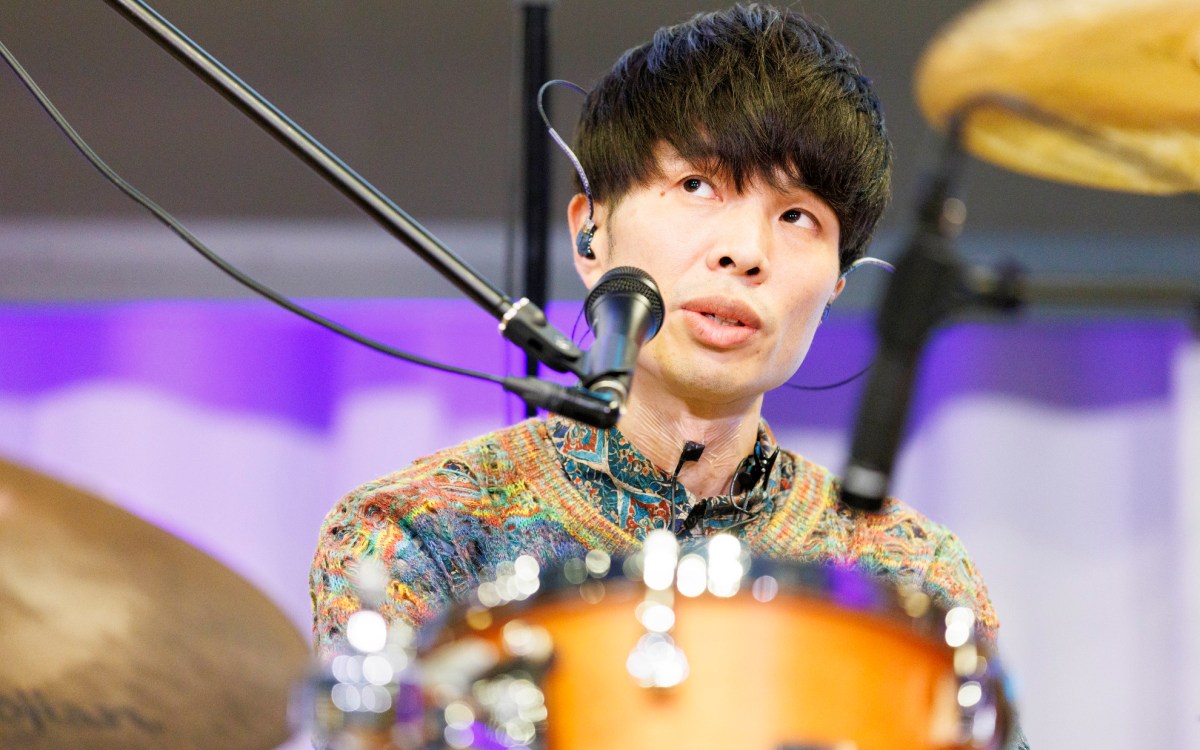Sheena Iyengar: Choosy about choosing
Sheena Iyengar is here to tell you that, when it comes to choice, more is not better.
Iyengar, the S. T. Lee Professor of Business at Columbia Business School, is a leading researcher on choice. On Oct. 21, in a lecture titled “The Art of Choosing”—the first in the Dean’s Lecture Series at the Radcliffe Institute for Advanced Study—Iyengar, through her innovative experiments and personal anecdotes, dispelled many assumptions about choice and how it relates to happiness.
In the United States, we may think of choice as not only our birthright, but as the means through which we exert our freedom. It is also a means through which we telegraph to others who we are. “We believe that if there are more choices available to us, there’s more opportunity to find what we want and then we’ll be happy,” notes Iyengar. “But do we know what we want?” The truth, according to Iyengar, is that sometimes we don’t even recognize our own choices.
“Asking yourself questions about ‘Who am I?’ ‘What do I want?’ and ‘What message am I sending?’ can turn what ought to be a simple decision into an ordeal,” says Iyengar. “With so much to think about, is it any wonder that we get confused?” Today, we make more choices than ever before, choices unimaginable just a few years ago. So much choice, whether online or in the grocery store, can leave us dissatisfied or—worse—paralyzed. The “what ifs” muddy the waters.
So what is the answer? How do we keep the sheer number of choices from short-circuiting our decision making process? Iyengar, invoking George A. Miller’s classic 1956 psychology study “The Magical Number Seven, Plus or Minus Two,” suggests that, even in the most personal situations—say, choosing a mate—having fewer choices actually empowers us to make a stronger, more satisfying choice, and do it faster.
Iyengar advises us to examine all the choices available to us, prioritizing them and determining which are best left to others. “Inventors, artists, and musicians have long known the value of putting constraints on their choices,” she says. “They work within form and structure, and even when they break them, they do so only to create new boundaries.” Iyengar suggests that we look to the creative disciplines for guidance on how to create our futures through choice.
“Be more choosy about choosing,” she encourages. We can choose not to choose without compromising our freedom or individuality. It may even be the best thing we do for ourselves.
Brigitte Madrian—senior adviser to the social sciences program at the Radcliffe Institute and Aetna Professor of Public Policy and Corporate Management at the John F. Kennedy School of Government—introduced Iyengar, noting that Malcolm Gladwell has said of her, “No one asks better questions or comes up with more intriguing answers.” After listening to her eloquent and humorous lecture, much of the audience would have to agree.




